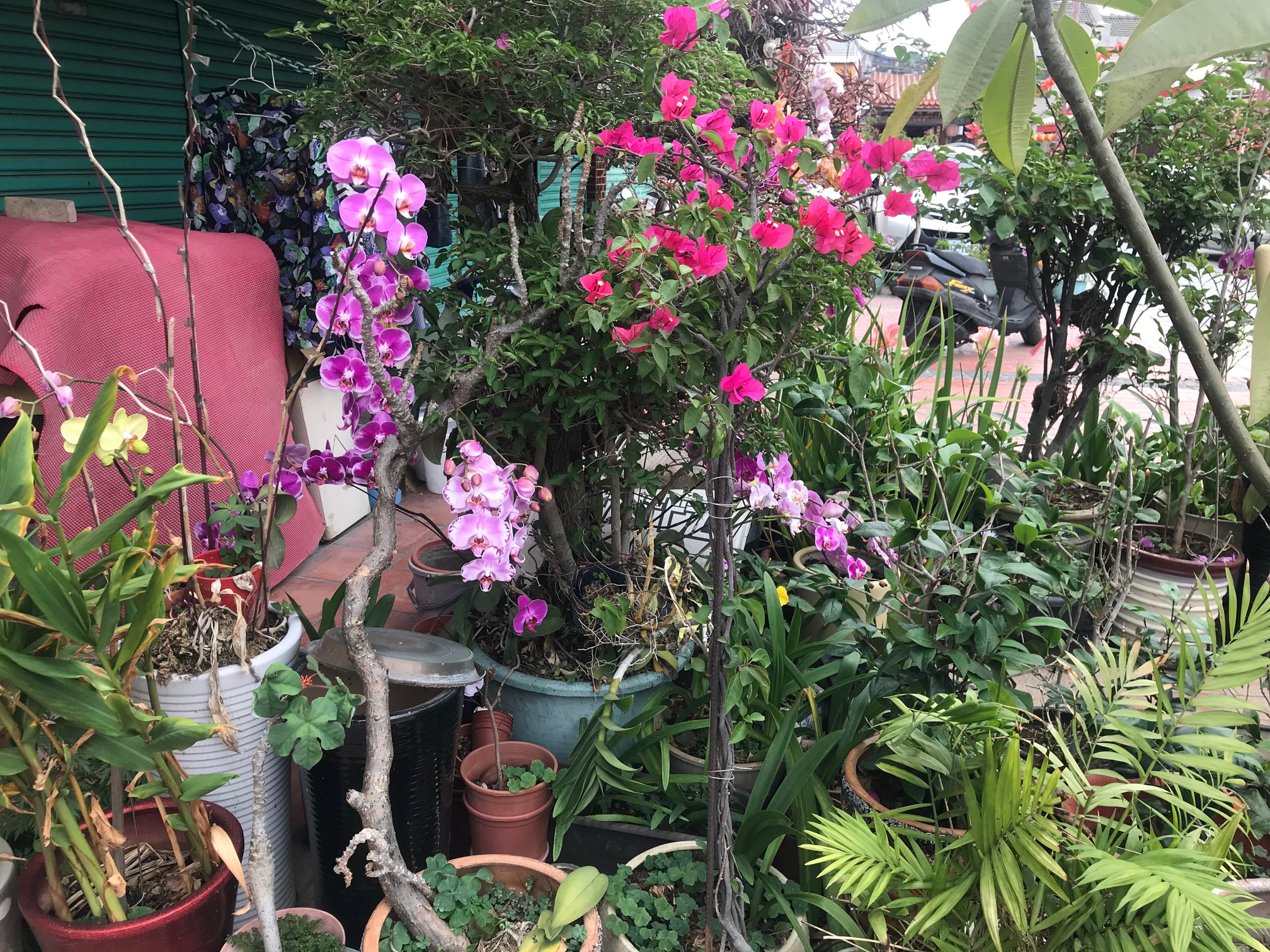> not a drop to drink
You're tuning into Cheers, a newsletter made by Tiffany Xie. This week: plants, drought, and capitalism.

Hello friend,
At one of the elementary schools where I teach, the students grow plants. One of the parents is a hydroponics farmer and a big school donor. Under the stairs, there is a large hydroponic tray full of rice plants, lined with styrofoam. Each week they grow a little taller.
What helps in the weeks when my anxiety flares up (weeks like this one) is the plants. Checking my succulent pot at work, which now sits on the sink so that it gets more sunlight. Watering the osmanthus and camellia trees outside school, which I got from a volunteering event and one of the teachers helped me plant.
That teacher also showed me the papaya trees at our school. She told me how she asked some students to help her shake the tree and knock a small papaya down. At lunch, she shared some of that papaya with me, neatly cubed.
There is a dedication to ecology and environmental conservation in the English curriculum in Taiwan (or at least, this is my impression). One of the first gifts I received was an illustrated bilingual picture book made by elementary school students. The book was surprisingly deep, discussing climate change and even ocean acidification. At my junior high school, the current lesson is about garbage in the ocean and overfishing.
There is a drought right now in Taiwan, one so serious that they’ve cut off the water on Tuesdays and Thursdays in Taichung. The news is all about how the semiconductor industry needs the water, is taking water from farmers, how the chip shortage is going to get worse because there isn’t enough rainfall in Taiwan. It’s a capitalist-centered narrative.
I’ve been thinking about the material existence of the technologic/digital world. My roommate’s been sending me articles about the wastefulness of cryptoart, reminding me that the electricity needed to mine bitcoin is more than that needed by the entire country of Argentina.
There’s a part early on in Faust, Part Two where Mephisto introduces paper money to the Holy Roman Empire. It’s a pretty heavy-handed critique, I think: the devil invents paper money. Is there such a thing as sustainable money?
It reminds me of a podcast episode I’m halfway through (also h/t Zeki), an interview with Dr. Olúfẹ́mi Táíwò on climate justice. There’s a moment where they all start talking about how maybe there’s reason for hope. They say, imagining the end of capitalism seems impossible right now, but that doesn’t mean it won’t happen, that that’s what the divine right of kings was like not too long ago.
Though I love Eula Biss’ writing, I wasn’t totally satisfied with her latest book, Having and Being Had, I think in part because it is about late capitalism from the perspective of a privileged and upper middle class professor. Biss is very skilled at acknowledging her privilege, but it doesn’t really feel like there’s anywhere to progress from there. I think there’s a form of self-consciousness here, too, since I am also from a privileged and upper middle class family. I don’t want that to be the dominant narrative I hear. If capitalist critiques only come from privileged voices, then it’s just a form of elite capture rather than real justice, right?
In his essay on standpoint epistemology, Dr. Táíwò writes that:
The call to “listen to the most affected” or “centre the most marginalized” is ubiquitous in many academic and activist circles. But it’s never sat well with me. In my experience, when people say they need to “listen to the most affected”, it isn’t because they intend to set up Skype calls to refugee camps or to collaborate with houseless people. Instead, it has more often meant handing conversational authority and attentional goods to those who most snugly fit into the social categories associated with these ills—regardless of what they actually do or do not know, or what they have or have not personally experienced.
I used to feel really guilty about all the privilege I hold, but now I feel more of a responsibility. I think about the word aprovechar, to take advantage of. In this life, in the next few years, in the right now, for what can I take responsibility?
Cheers,
Tiffany